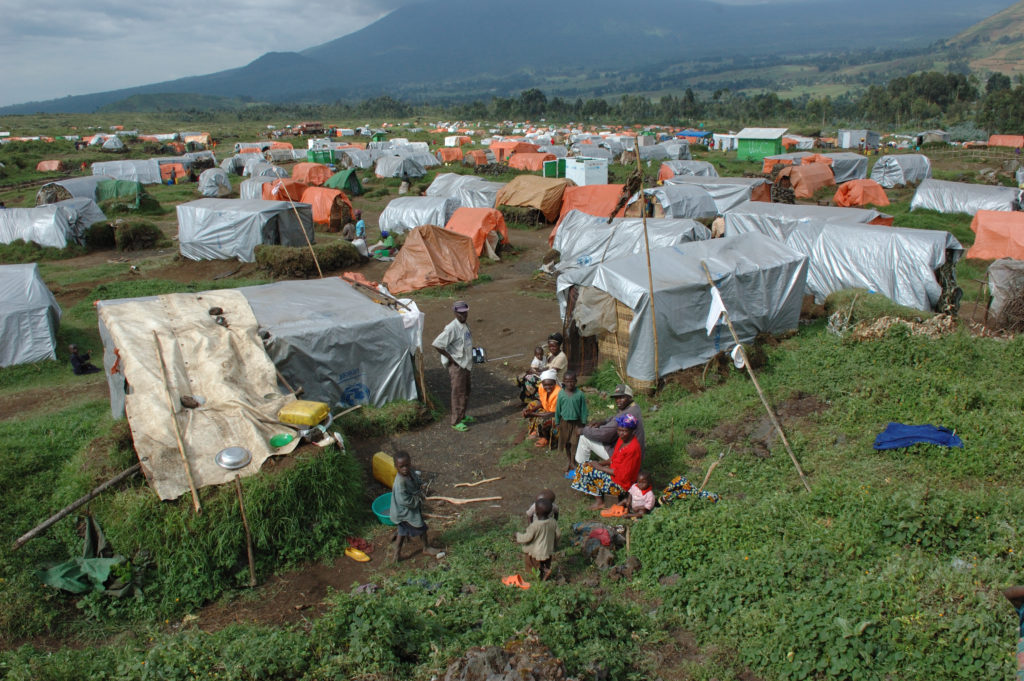By Eddy Hew, Malaysia:
As refugee had become one of the biggest humanitarian crises in the world affecting over 70 million people worldwide. It is even more crucial than before that we should look at this issue with a sense of urgency. Disaster, climate change, war, conflicts due to religion, politics, and ideologies had caused refugees an issue that spread across the globe we live in. Many are risking their lives to obtain refugee status in another country seeking a better future. In view of future uncertainty especially in the time of Covid-19 pandemic, the discrimination against the refugee had increased as the refugee being at the lower status of the society.
As Jesus Christ had given us the command to love each other, we tend to wonder how far we take this teaching literally. More and more people see refugee as a threat of the society though the principle of “Non-refoulement” is a fundamental principles of international law that forbids a country receiving asylum seekers from returning them to a country in which they would be in likely danger of persecution based on “race, religion, nationality, membership of a particular social group or political opinion”. IFRC Code of Conduct reminded us that we should not take any political or religious standpoint when we offer our support to help those in need.
Both Matthew 25:35 and 40 are the motivation for churches to step beyond four walls buildings to reach out to those in need especially the refugee community that is even more vulnerable during this pandemic period as they are usually not qualified for any subsidies program from the host government. While most churches are supportive, caring ministries for the refugee community also face the challenge of backlash due to increasing protectionism during the economic downturn caused by Covid-19 when local communities also face unemployment and lack of income generating opportunity.
The process of being recognized as a refugee by UNHCR and to be resettled to another country may take years or even decades so while it is crucial to provide basic needs it is equally important to consider providing sustainable livelihood capacity. Refugee ministry is not a one off charity event as the needs evolves over time across the basic needs of health, education, livelihood, shelter and so on which require developing an eco-system where coordination and collaboration of different payers serving the refugee community can be establish as no one single organization can fulfil all the needs.
Eddy Hew,
Freelance Humanitarian worker
Malaysia
20 June 2020, World Refugee Day

